Dieting and the Gut Microbiome
Whether or not dieting is safe and effective has become a controversial topic in the wellness world. But while many analyses look at the outward effects of dieting, one study dove into exploring how dieting affects the gut microbiome. (1, 2)
In humans, the gut microbiome houses trillions of microorganisms. Not only do gut microbiota drive digestion, but they are also crucial for preserving immune stability and defending against pathogens. Past research has shown that the gut microbiomes of people who are overweight or obese are different than those of people with a healthy weight. (2, 3)
A research team from Charité — Universitätsmedizin Berlin and the University of California in San Francisco asked the question, “Does dieting change the gut microbiome?” Their results, which were published in the peer-reviewed journal Nature, demonstrated that dieting results in an increase of specific bacteria in the gut, including one that is related to colitis and diarrhea caused by antibiotics. (2)
How Dieting Changes the Gut Microbiome
The study, which lasted 16 weeks, examined 80 post-menopausal women. All of the subjects had weights between slightly overweight to severely obese. The women were split into two groups for the study. One group was on a medically supervised meal replacement plan, which allowed them to drink shakes for a daily caloric total of less than 800. The other group maintained their weight throughout the study. (3)
The research team took stool samples from the women both before and after dieting. Analysis of the samples showed that dieting led to fewer microorganisms in the gut. It also changed the makeup of the gut microbiome. (3)
Dr. Reiner Jumpertz von Schwartzenber is a researcher and clinician at the Department of Endocrinology and Metabolic Diseases, as well as the study’s first author. He said, “We were able to observe how the bacteria adapted their metabolism in order to absorb more sugar molecules and, by doing so, make them unavailable to their human host. One might say we observed the development of a ‘hungry microbiome’.” (3)
Dieting Affects Nutrient Absorption
The research team then transferred the subject’s stool samples into mice. These mice were without their own gut microbiota as a result of being kept in entirely germ-free conditions. The mice who received the stool samples from the dieting subjects lost more than 10% of their body mass. The mice who received the non-dieting stool samples showed no changes. (3)
“Our results show that this phenomenon is primarily explained by changes in the absorption of nutrients from the animals’ guts,” said Dr. Joachim Spranger, Head of Charité’s Department of Endocrinology and Metabolic Diseases, as well as one of the study’s lead authors. He adds: “This highlights the fact that gut bacteria have a major impact on the absorption of food.” (3)
Additional analysis of the stool samples showed that dieting led to higher numbers of the bacterium Clostridioides difficile. While this bacterium is normally found in healthy guts, its presence can increase with the use of antibiotics and can cause severe inflammation of the gut wall, as well as diarrhea and colitis. Both the women who were part of the dieting group and the mice who received their stool samples had higher numbers of Clostridioides difficile, but this did not result in gut inflammation for either group. (3)
While the study’s results demonstrate that dieting does change the gut microbiome, the potential uses of this information are still unclear. The research team plans to do further studies on how gut bacteria could be used to benefit people’s weight and metabolism. (3)
Sources:



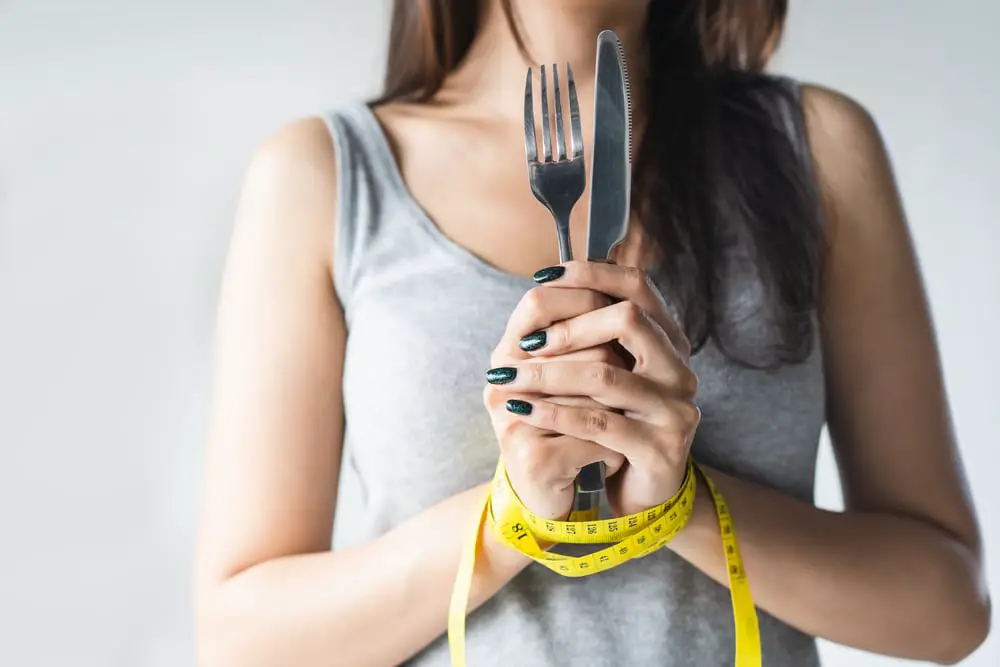
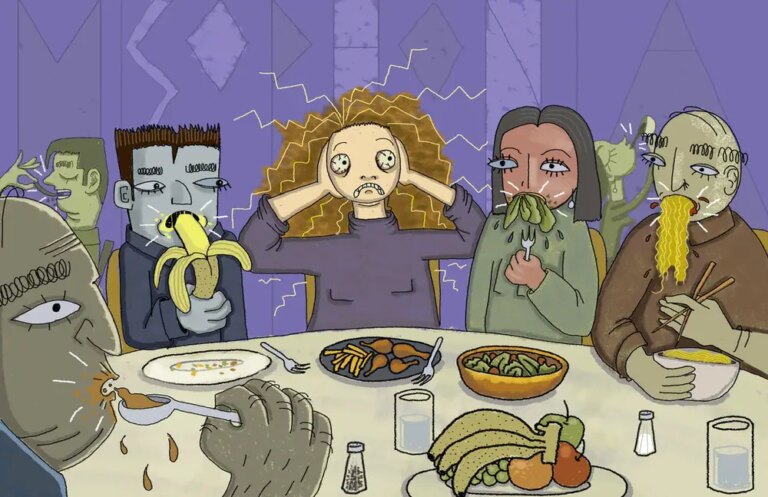
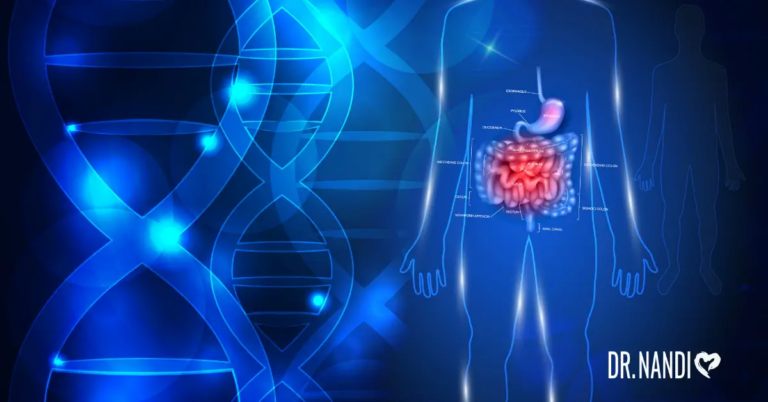
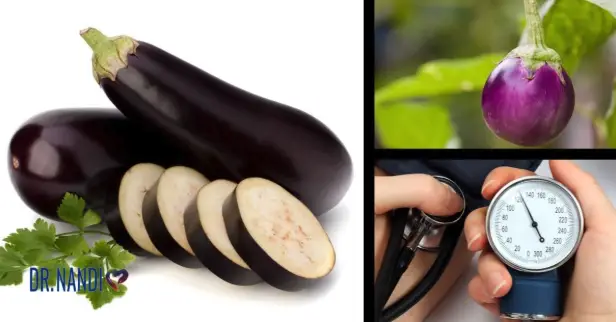
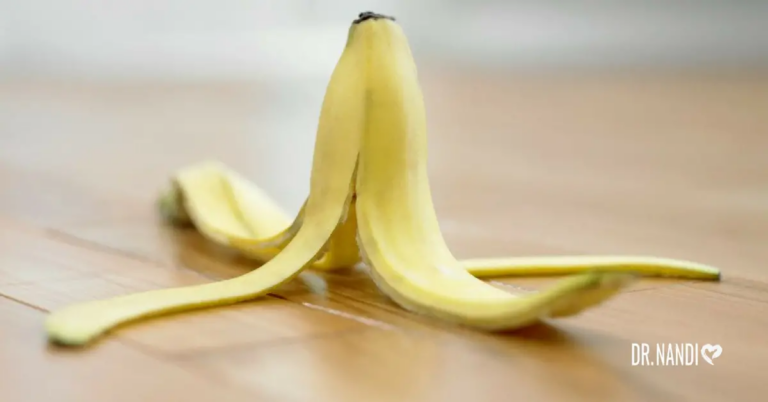
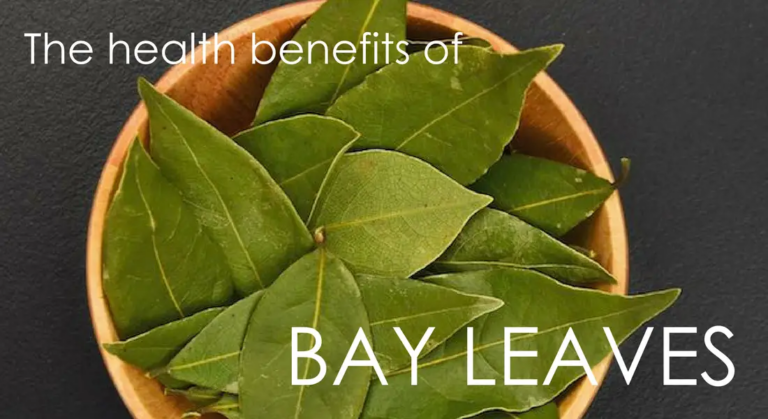
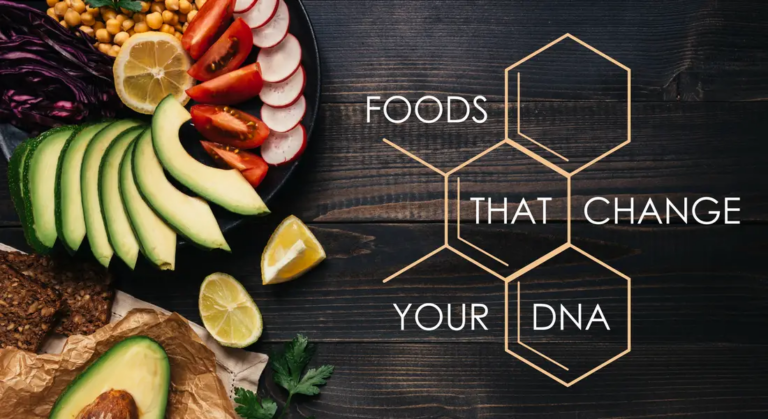

 Subscribe to Ask Dr. Nandi YouTube Channel
Subscribe to Ask Dr. Nandi YouTube Channel









